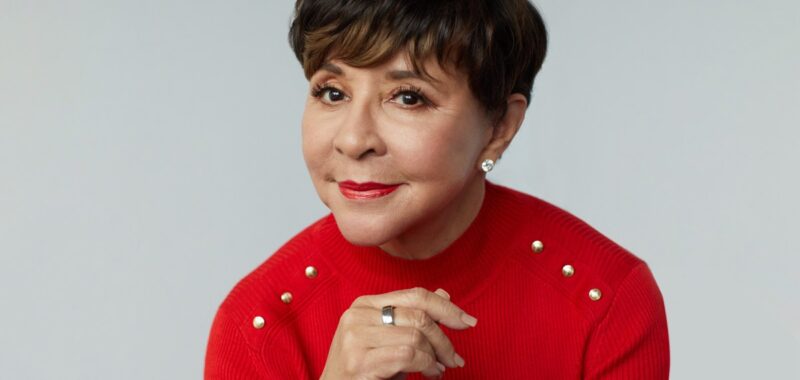
Walking around the Salamander Middleburg, where we’re wrapping up the Fortune COO Summit today, I’ve been struck by how founder and CEO Sheila Johnson integrates art that celebrates Black culture with the kind of colonial-era pastoral scenes that are typical for an area that dubs itself the “Nation’s Horse & Hunt Capital.” The hotel TV channel features footage from the resort’s annual “family reunion” food festival, which celebrates Black culture through cuisine and is hosted by James Beard Award-winning chef Kwame Onwuachi.
It’s easy to forget that one of the country’s top resorts, a “Martha Stewart-meets-Martha-Washington” gem that’s the 340-acre centerpiece of Johnson’s expanding Salamander Collection, took about a decade to open amid local resistance that was tinged with bigotry. As the entrepreneur and BET cofounder told me during a fireside chat yesterday, she got into the hotel business to “create an economic engine to support this town,” much like the lack of women owners in sports encouraged her to invest in three sports teams.
I thought about Johnson while reading that Toyota is narrowing its DEI focus and halting sponsorship of LGBTQ+ events because of a “highly politicized” environment—joining Harley-Davidson and others who have done the same.
While there’s been plenty of attention to AI in this summit, most of the discussions have so far centered on people: reimagining teams, incentivizing people, ethical considerations and personal growth as a leader. My colleague Paolo Confino has covered how D.C. United President Danita Johnson wants to diversify the fan base for Major League Soccer, New Balance CEO Dave Wheeler’s thoughts on be a role model and the persistence of jobs that Bayer’s global pharmaceuticals COO Sebastian Guth says “require human capacity and the art of science.”
As trolls try to undermine the business case for diversity, leaders increasingly recognize the power of embracing and expressing their own values. If you look at Fortune’s recent list of global leaders who happen to be openly LGBTQ+, you’ll see a lot of leaders who create a culture of acceptance in their companies by sharing who they are. That’s certainly the model that Sheila Johnson has nurtured through her leadership in this chapter of her storied career.
How to lead in this environment is a challenge that we will discuss at the Fortune Impact Initiative, which kicks off this morning in Atlanta. A volatile external climate can’t destroy bonds built on candor and trust. More news below.
Diane Brady
diane.brady@fortune.com
Follow on LinkedIn
TOP NEWS
Goldman increases S&P target
Goldman Sachs analysts announced last week that that they believe the S&P 500 will grow 10% over the next year. That’s up from their previous estimate and based on a prediction that earnings and profit margins in the index will rise. Fortune
Activist investor holds $1 billion in Pfizer
Starboard Value, an activist investor in Pfizer, now holds $1 billion in stock in the pharmaceutical company, according to The Wall Street Journal. This likely signals further rebuild changes are on the way for Pfizer, which has seen its market cap decrease as demand for COVID-19 products fall. Fortune
The Fortune 2024 Most Powerful Women Asia list
Fortune published the 2024 Most Powerful Women Asia list yesterday, which ranked Grace Wang, the cofounder and CEO of Luxshare Precision Industry, at No. 1. Half of the 100 women on the list are CEOs, including nine of the ten top-ranked executives. Fortune

